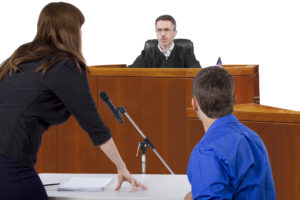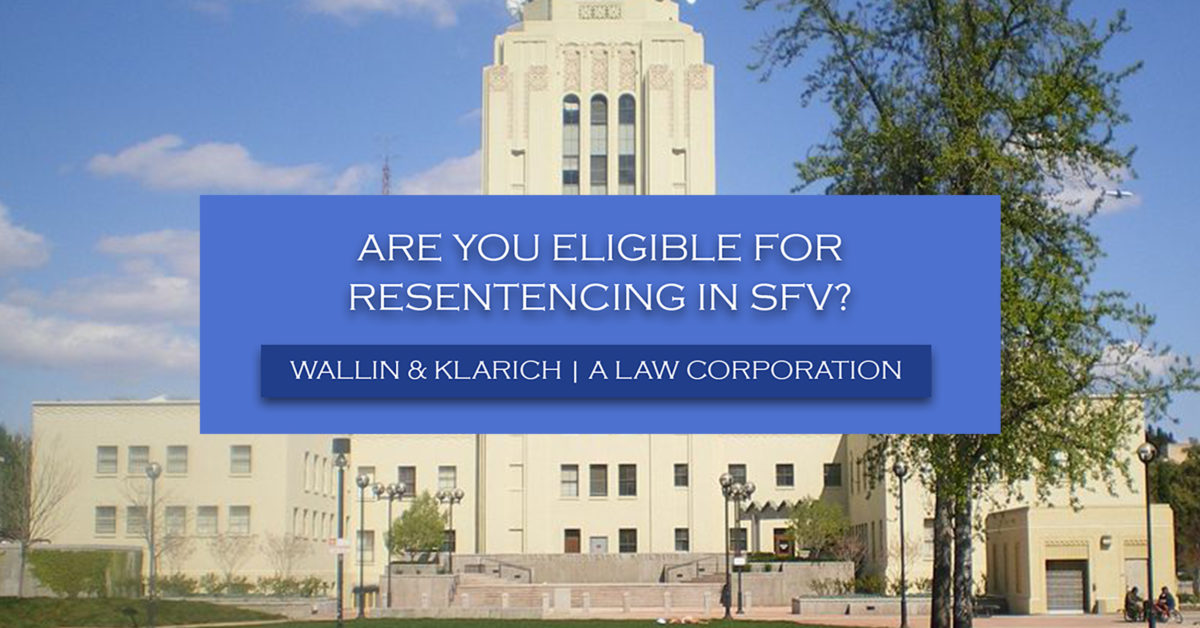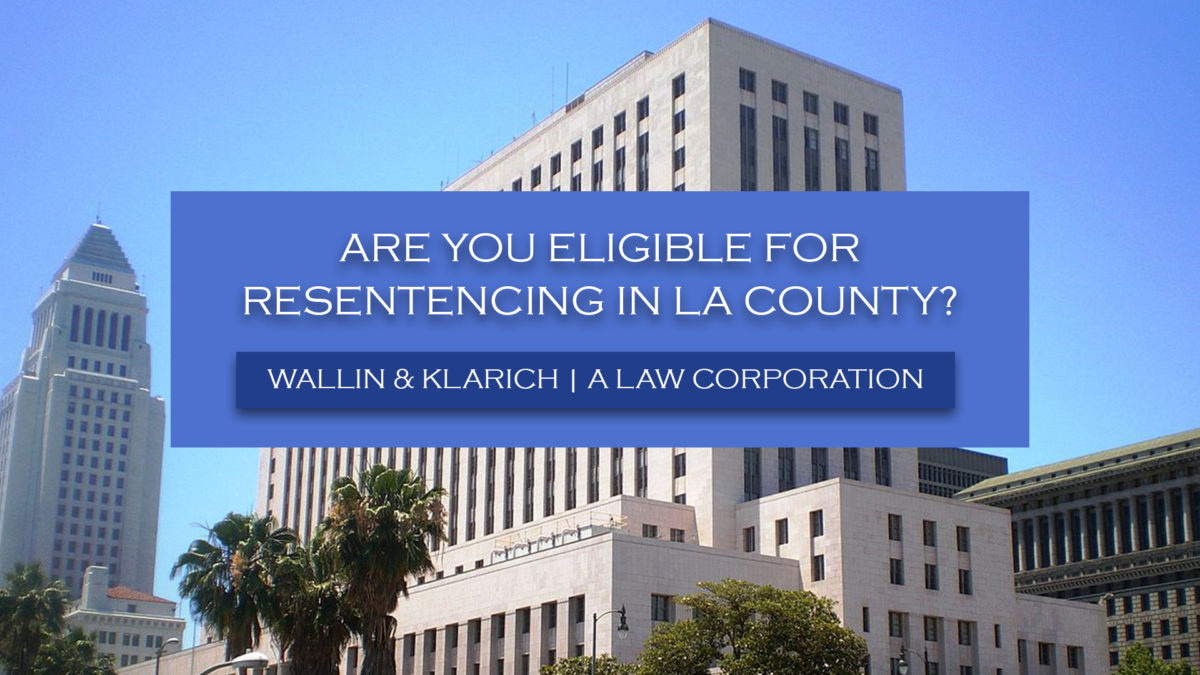What is a “No-Contest” Plea? | A Breakdown
In California, the vast majority of criminal cases (most estimates put the number over 95%) are not resolved by taking the matter to trial. When a defendant in a courtroom proclaims “Not guilty” through defense counsel that begins a contested process where the final outcome is rarely rendered by a jury. The vast majority of cases are settled through a “plea agreement”. Most defendants, who are unwilling to face the uncertainty of trial, enter a plea of guilty.
Nolo Contendere – “I do not wish to contest”

Both the Latin term and its English equivalent are quite clear in their meaning; the defendant neither disputes nor admits to the charge brought by the prosecution. Because the defense is not contesting the case, the only option the court has is to find the defendant guilty, which is exactly what happens. However, the judge must be assured the defendant is fully aware of the consequences of pleading “no-contest”.
Tahl waiver
Judges are very mindful of proceeding with caution when a defendant is contemplating waiving constitutional rights. A “no-contest plea” involves:
- The waiver of the right against self-incrimination,
- The right to a jury trial and the right to confront witnesses,
- All guaranteed in the Bill of Rights of the United States Constitution.
Of course, there is concern for the defendant’s rights, but also, as a practical and more self-serving matter, the judge wants to leave no room for potential reversal on appeal. A California Supreme Court case, In re Tahl, established the parameters whereby a court will accept a “no-contest plea”:
- Even with an agreement between the prosecution and defense, the judge must also approve. The judge must find a basis for a no-contest plea within the facts of the case.
- The defendant understands a no-contest plea is the same as a guilty plea and that by entering the no-contest plea the court will find the defendant guilty.
- The defendant has reached the decision to enter the no-contest plea voluntarily and without coercion or misinformation.
A Tahl waiver is almost always in written form and most judges will also speak directly with the defendant to ensure his or her actions in pleading no-contest are done knowingly and voluntarily.
A no-contest plea in a misdemeanor case
The primary benefit a misdemeanor defendant derives from a no-contest plea is that by not admitting to the charges filed, as would occur with a guilty plea, any civil suit resulting from the same incident that initiated the criminal case must prove the defendant’s conduct independently.
For instance, say a young man is driving and texting his friend at the same time. He fails to see a stop sign at an intersection ahead, doesn’t slow down or stop, and plows into an elderly woman, properly walking in the intersection’s crosswalk. The woman dies, and the man is charged with involuntary manslaughter. The woman’s family files a civil wrongful death action against the driver. If he pleads guilty to the involuntary manslaughter charge, that admission precludes him from denying he was responsible for the woman’s death during the wrongful death case. A no-contest plea, in contrast, would require the plaintiff in the wrongful death action, the woman’s family, to prove the young man caused her death.
A no-contest plea in a felony case
In felony cases, under California law, a no-contest plea has the exact same effect as a guilty plea and therefore, can be used as an admission of guilt in other legal proceedings.
A no-contest plea and drug diversion cases
First-time drug offenders who are seeking diversion may be required to plead guilty if they wish to get into a program – the judge may not accept a no-contest plea. However, successful completion of the program may result in the original charges being dropped and no record of conviction.
Contact an experienced criminal defense lawyer at Wallin & Klarich today
Every case is different and every defendant’s circumstances are unique. There is no one strategy to be employed in every matter. For instance, in some cases, a district attorney may be willing to offer a lighter sentence for a guilty plea in contrast to a no-contest plea. Wallin & Klarich know the courts, the judges, the district attorneys, and the law. Contact us today.
With offices in Orange County, Riverside, San Bernardino, San Diego, West Covina, Torrance, and Victorville, there is an experienced and skilled Wallin & Klarich criminal defense attorney available to help you no matter where you are located.
Call our office today at (877) 4-NO-JAIL or (877) 386-7269 for a free phone consultation. We will be there when you call.



